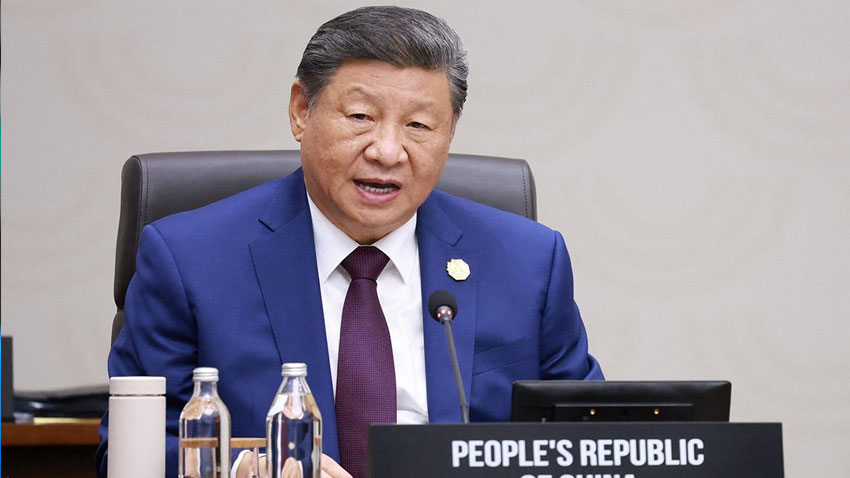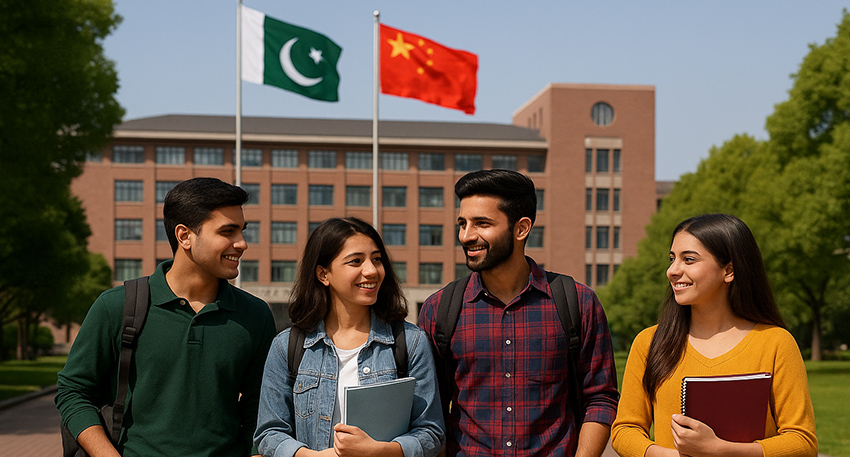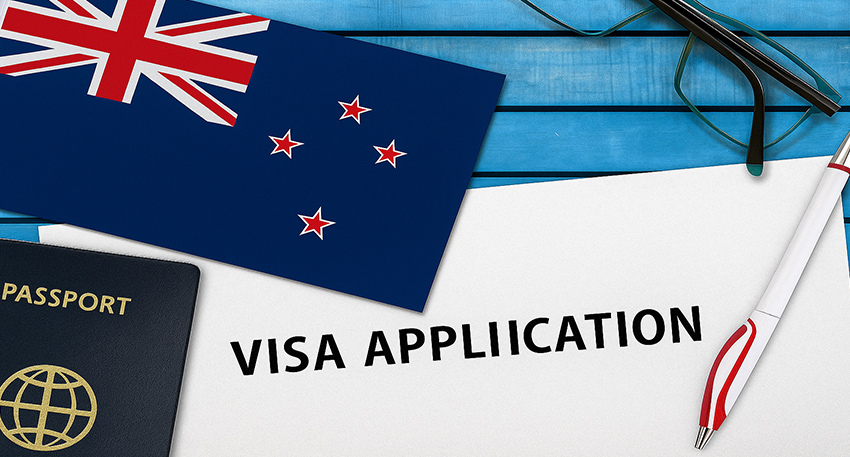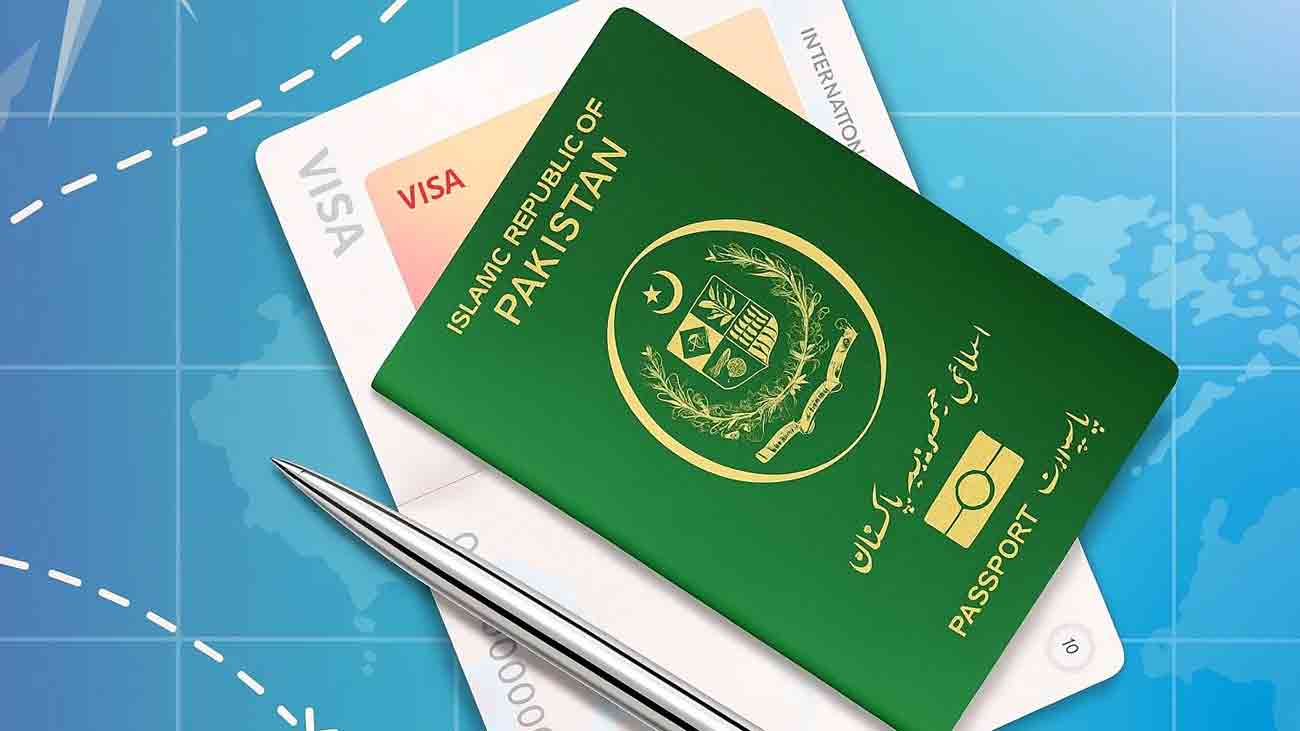
This was Xi’s first public statement on the AI governance initiative introduced by Beijing earlier this year. The proposal underscores China’s ambition to play a leadership role in the development and ethical control of artificial intelligence.
In contrast, the United States has resisted calls for international regulation of AI, preferring national-level approaches and flexible rules to encourage innovation. Xi’s stance, however, emphasizes collective responsibility and shared oversight, signaling Beijing’s intent to offer an alternative model to Washington’s tech policies.
Analysts see this as part of China’s strategic effort to expand its influence in both the global trade system and the emerging AI sector, areas where competition with the US remains intense.
Xi Jinping’s proposal reflects China’s growing confidence in shaping global technology rules. While the US prefers a market-driven approach, China’s call for a centralized global AI body could attract countries seeking fairness and structure. This sets the stage for a new kind of tech diplomacy — one that could redefine who leads the AI race in the years ahead
Xi said a World Artifical Intelligence Cooperation Organization could set governance rules and boost cooperation, making AI a "public good for the international community".
In remarks published by the official news agency Xinhua, Xi added, "Artificial intelligence is of great significance for future development and should be made for the benefit of people in all countries and regions."
Read more: Saudi-Pakistan joins hands to boost AI and genomics research
Chinese officials have said the organisation could be based in the commercial hub of Shanghai.
U.S. President Donald Trump did not attend the APEC leaders' summit in the South Korean city of Gyeongju, flying back to Washington directly after a meeting with Xi.
The two leaders' talks yielded a one-year deal to partially roll back trade and technology controls that had spiked tension between the world's two biggest economies.
In Trump's absence, analysts had expected Xi to use the APEC meeting to promote China as champion for its own brand of multilateral cooperation on trade and economic development.
While advanced chips made by California-based Nvidia are central to the AI boom, China-based developer DeepSeek has rolled out lower-cost models taken up by Beijing in a push for what it calls "algorithmic sovereignty".
Xi also urged APEC to promote the "free circulation" of green technologies, a cluster of industries from batteries to solar panels that China dominates.
APEC members approved a joint declaration and pacts on AI and the challenge of ageing populations at the meeting.
China will host the 2026 APEC summit in Shenzhen, a major hub for manufacturing, from robotics to electric car production.
Xi said the city of nearly 18 million had been a fishing village until it boomed as one of China's first special economic zones in the 1980s.
APEC is a consultative forum of 21 nations representing half of global trade.




